BEIJING, December 10 (TMTPOST)— More and more reports showed that the Biden administration was seeking to strengthen curbs on Chinese firms’ progress in high-tech industries such as artificial intelligence (AI) and semiconductor.
Source: Visual China
The Defense Department of the United States has proposed to close regulatory loopholes that have allowed Semiconductor Manufacturing International Corp. (SMIC), China’s largest and most important chipmaker, to import U.S. technologies for chips even though it has been added to a blacklist last December, and officials are planning to discuss the proposal this month, the Wall Street Journal quoted people with knowledge of the matter.
The Commerce Department placed SMIC to the entity list to restrict technology and product export after the company was alleged to be involved with the Chinese military by the Pentagon. Officials also will consider these months adding more Chinese tech firms to the entity list and to The Treasury’s investment blacklist, according to the Journal. And it is said that officials in many agencies advocated a tougher attitude to China but the Commerce Department still opposed to it, given exports’ benefits for American companies as well, and some of officials in the department wanted to block the abovementioned Pentagon’s proposal.
Earlier this week, the Financial Times’ sources said the United States government was going to announce to blacklist SenseTime, the world’s most valuable AI company, which aims to ban Americans from investing in the company. The news came right after the China"s largest AI unicorn launched offering to raise up to US$767 million and finalized December 17 as the date to list in Hong Kong. Then a Bloomberg report said SenseTime would delay the IPO because of the looming blacklisting. The U.S. investors would have prohibited from investing in the startup’s listing if it were added to such blacklist.
Last month, China had warned White House not to run the risk after the Biden administration was said to “strongly discourage” the U.S. chip giant Intel’s plans to increase output in China due to security concerns. “Such actions not only undermine international trade rules and divide the global market, but also end up hurting others and the US itself,” commented Zhao Lijian, the spokesperson of China"s Foreign Ministry. Zhao said China urged the U.S. to discard the zero-sum mentality, uphold a fair, just and non-discriminatory market environment, and take concrete actions to build an open world economy.
关键词: English












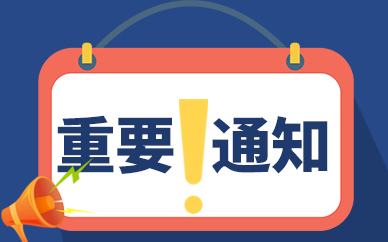








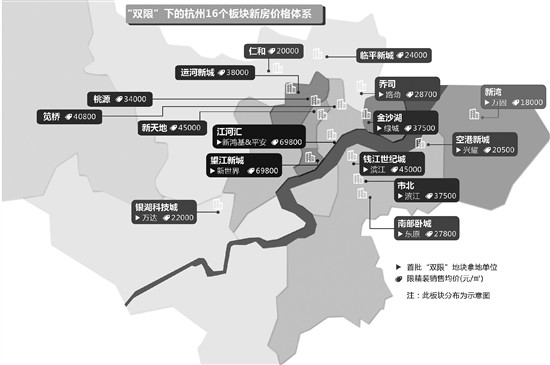

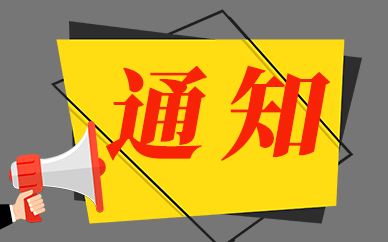



















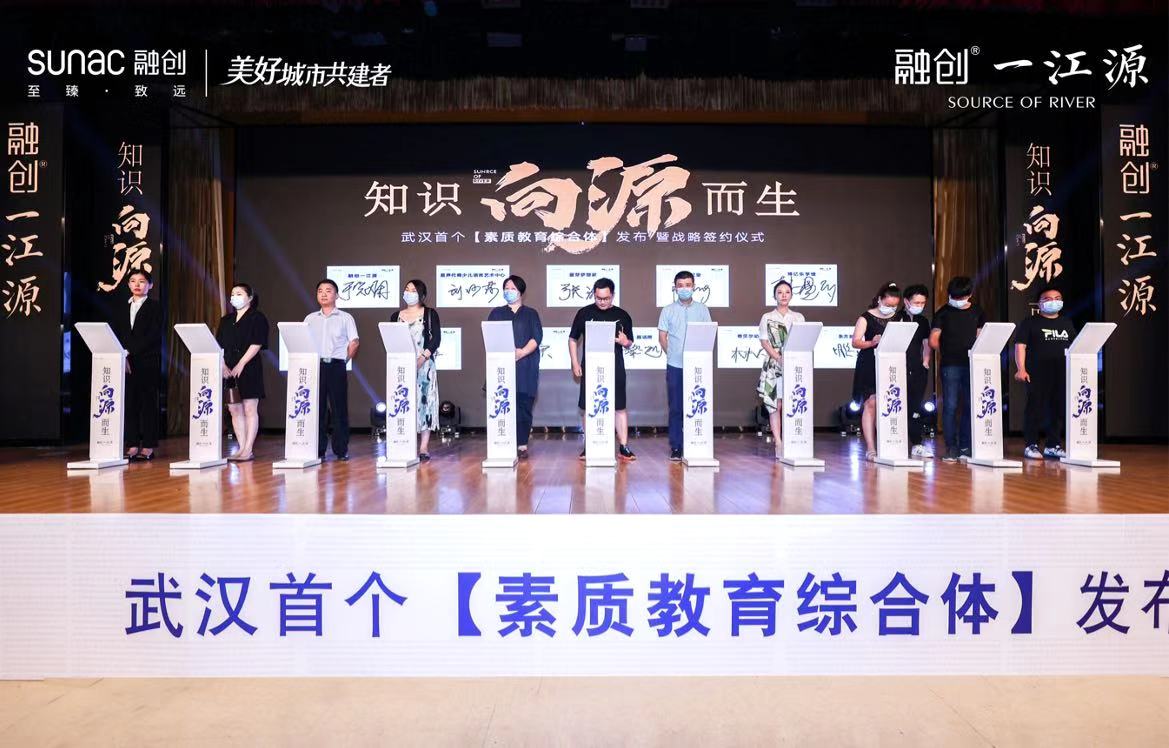



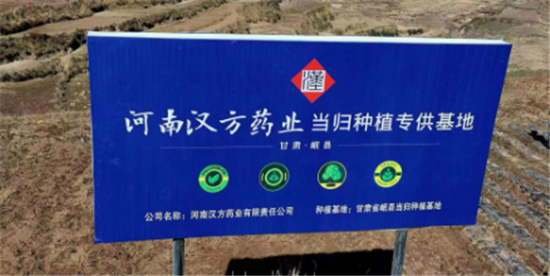
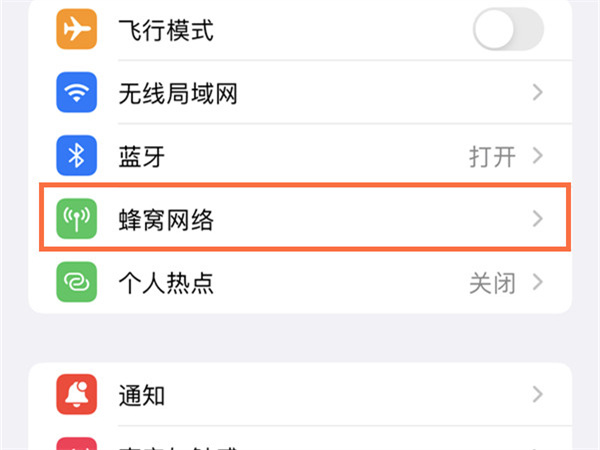
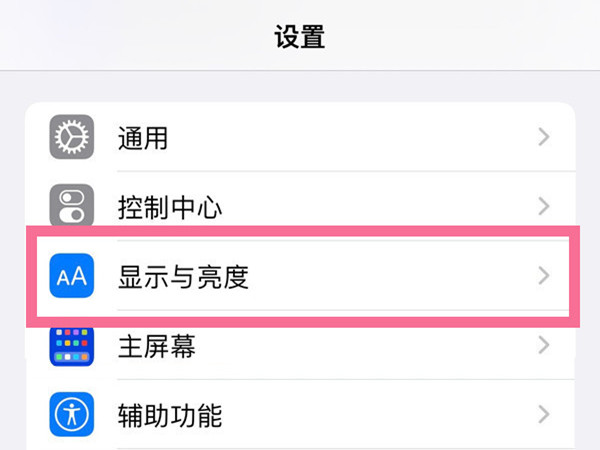



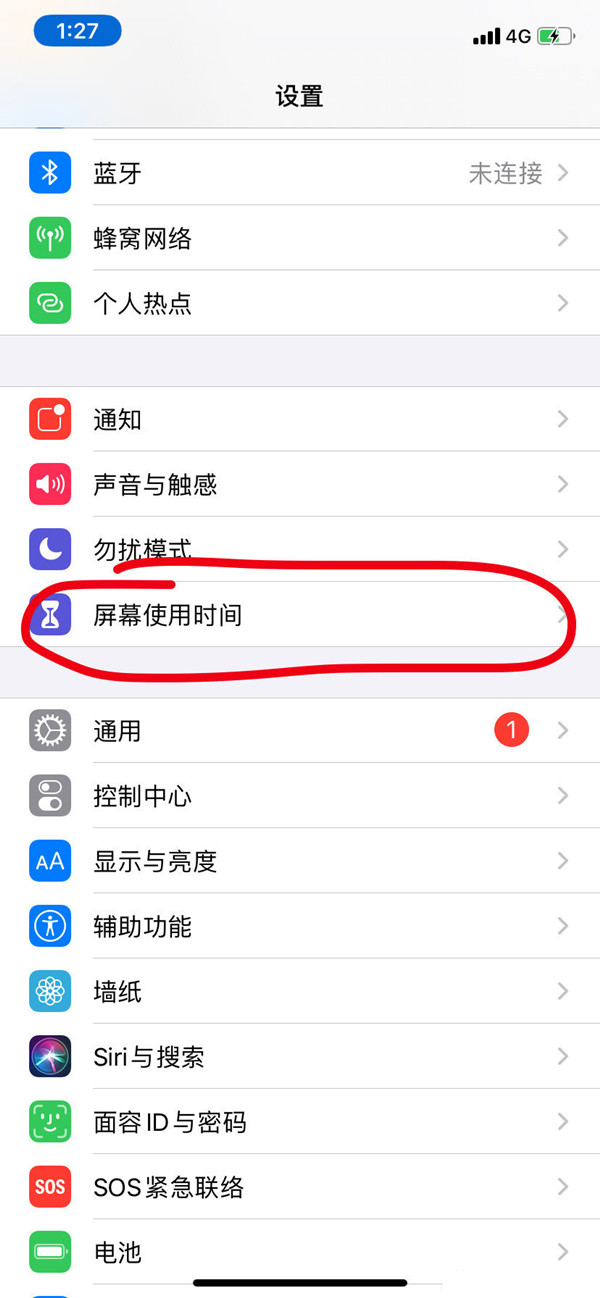



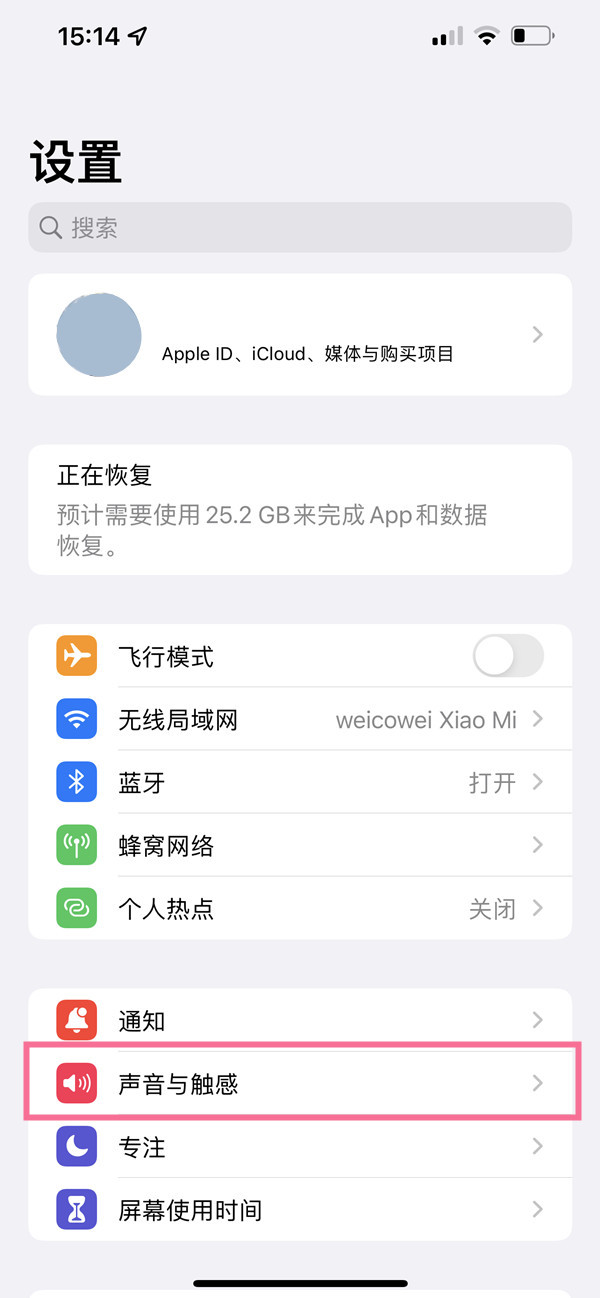
 营业执照公示信息
营业执照公示信息